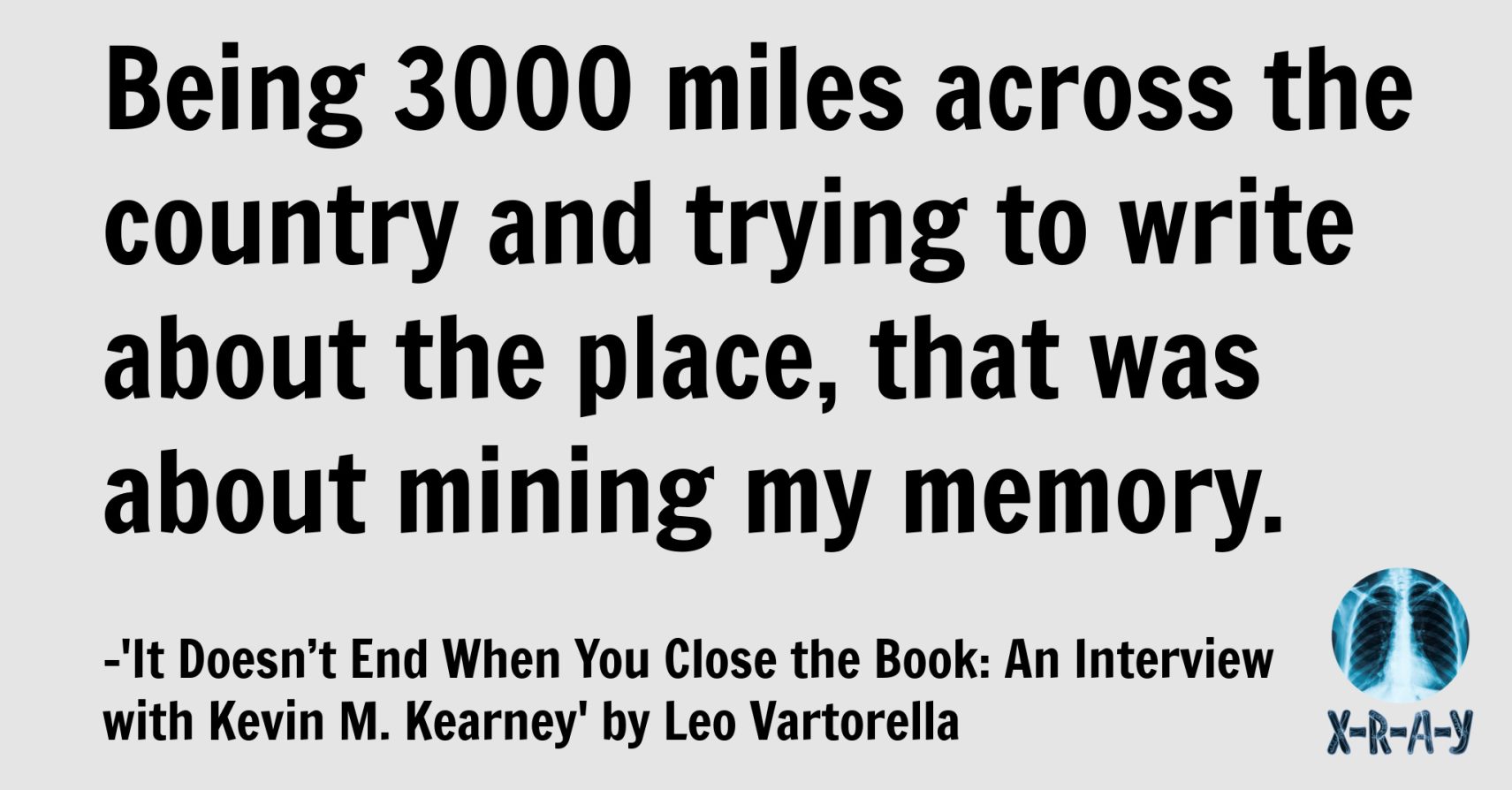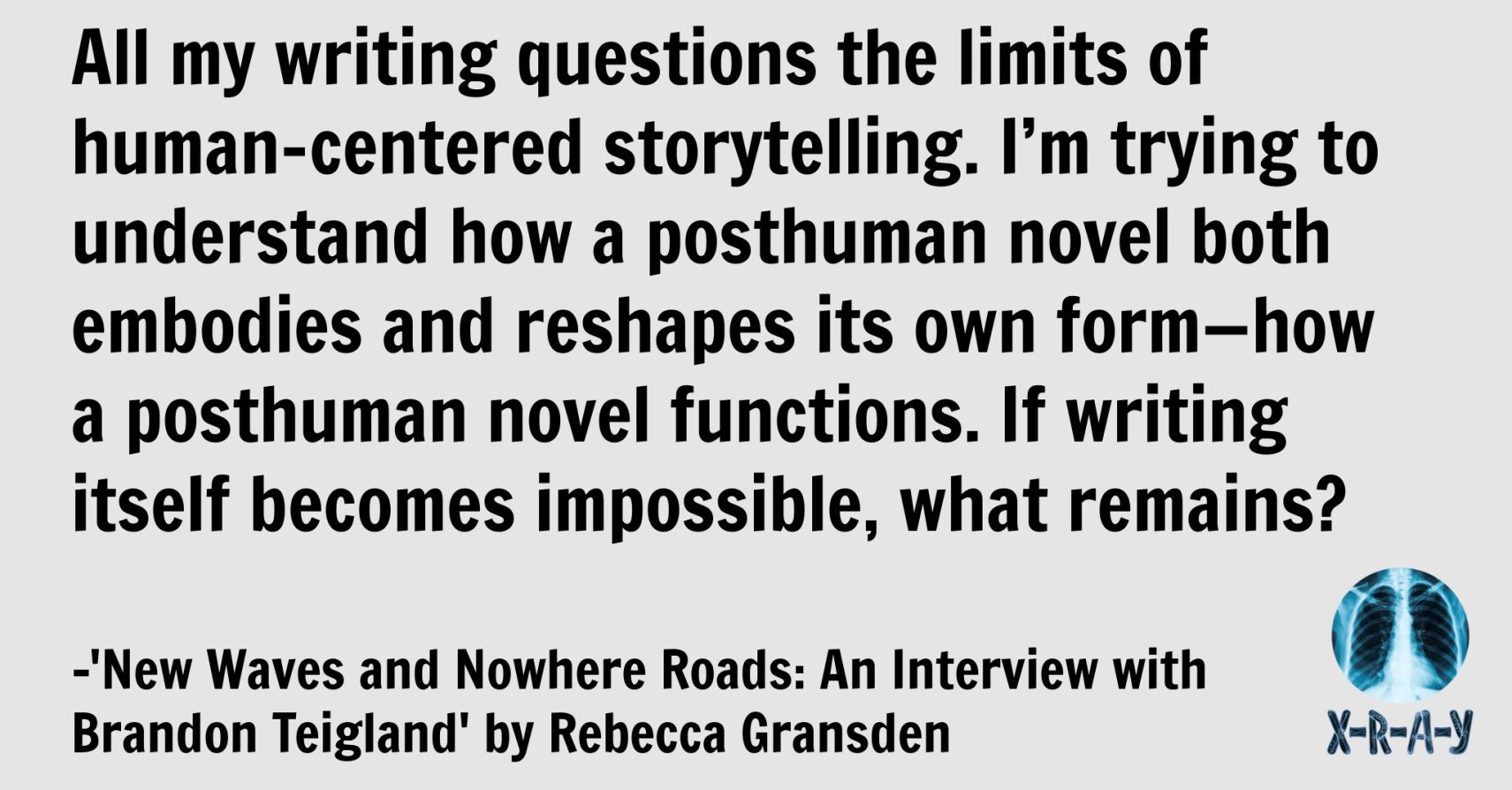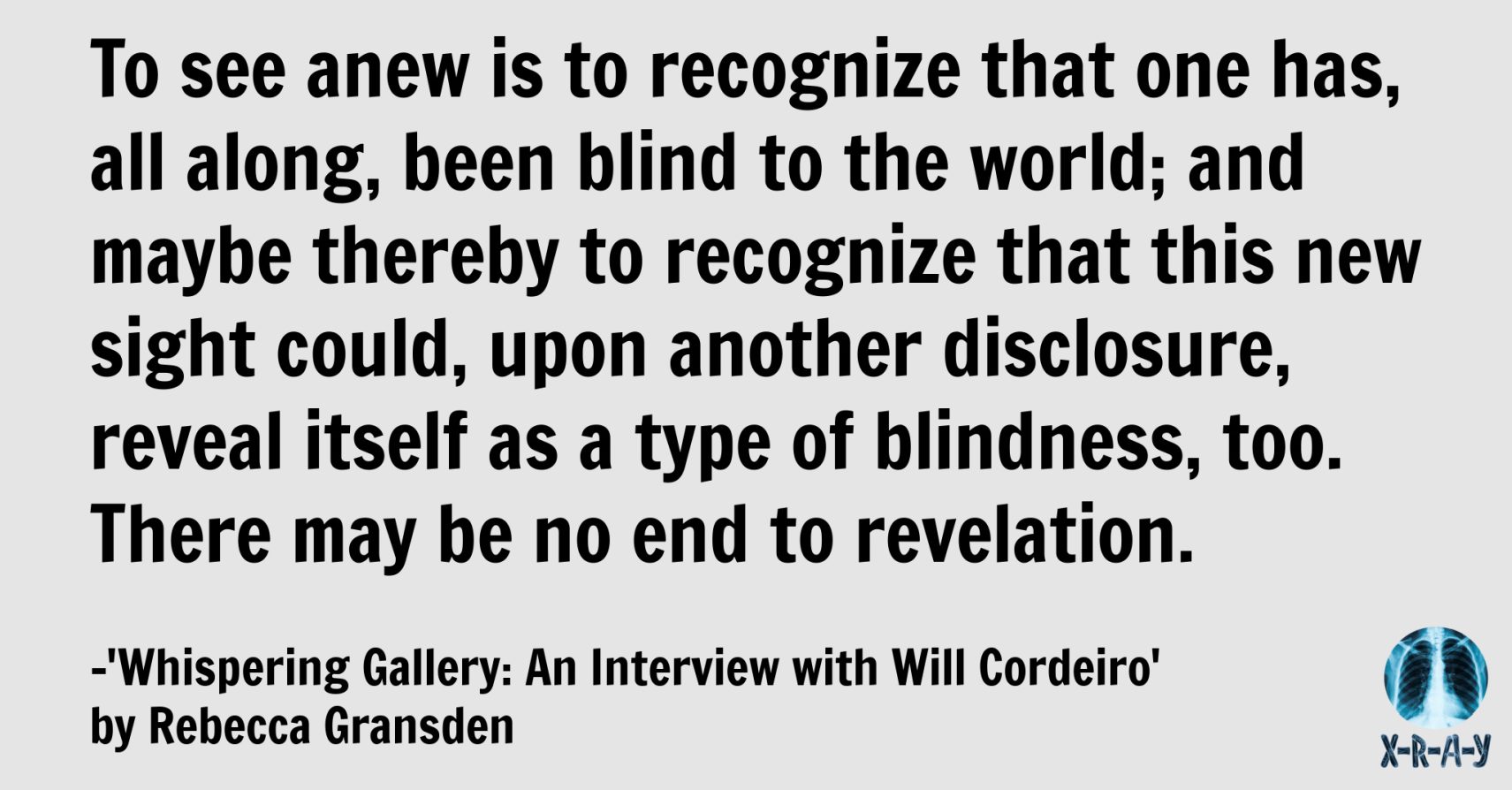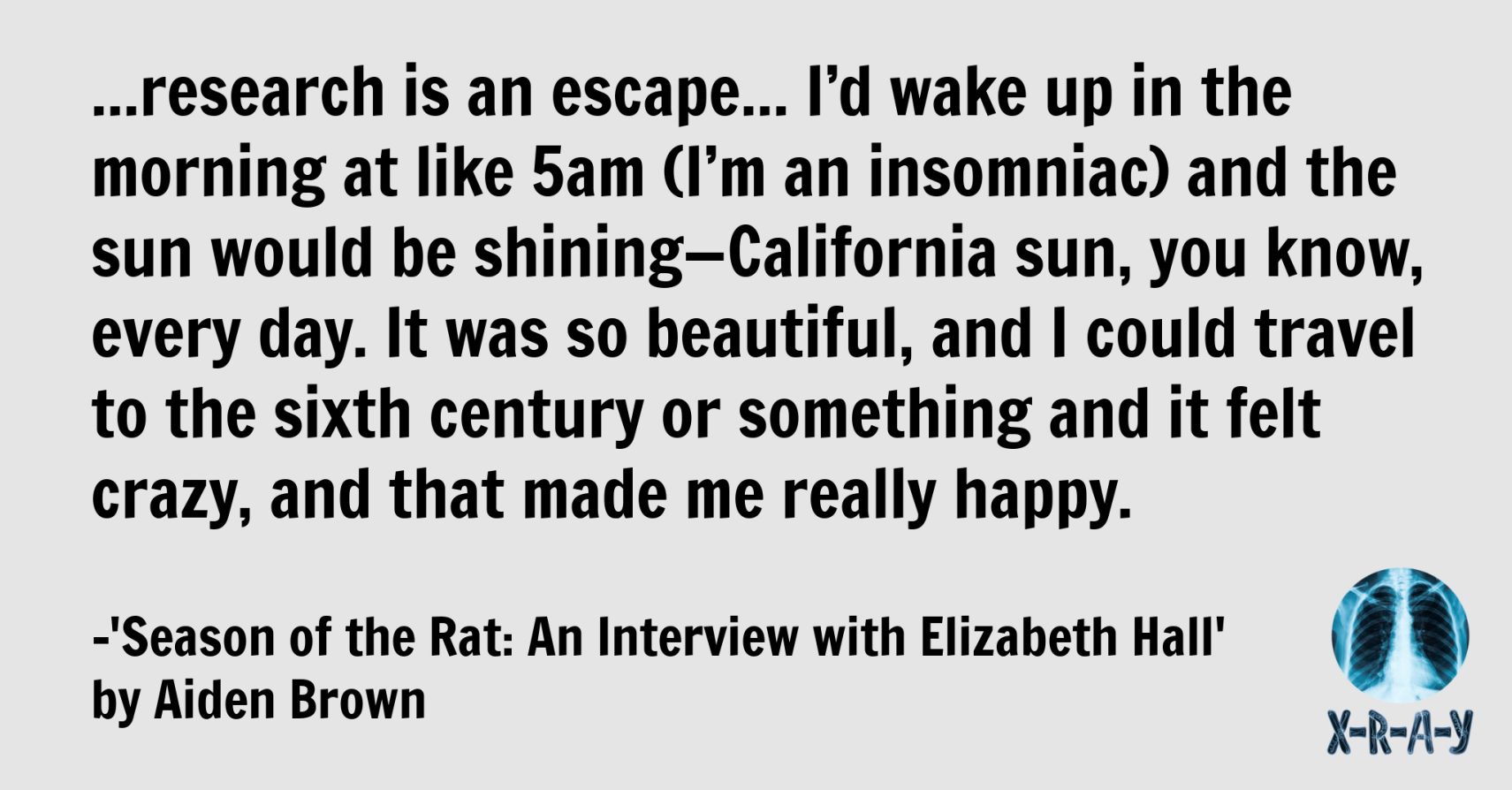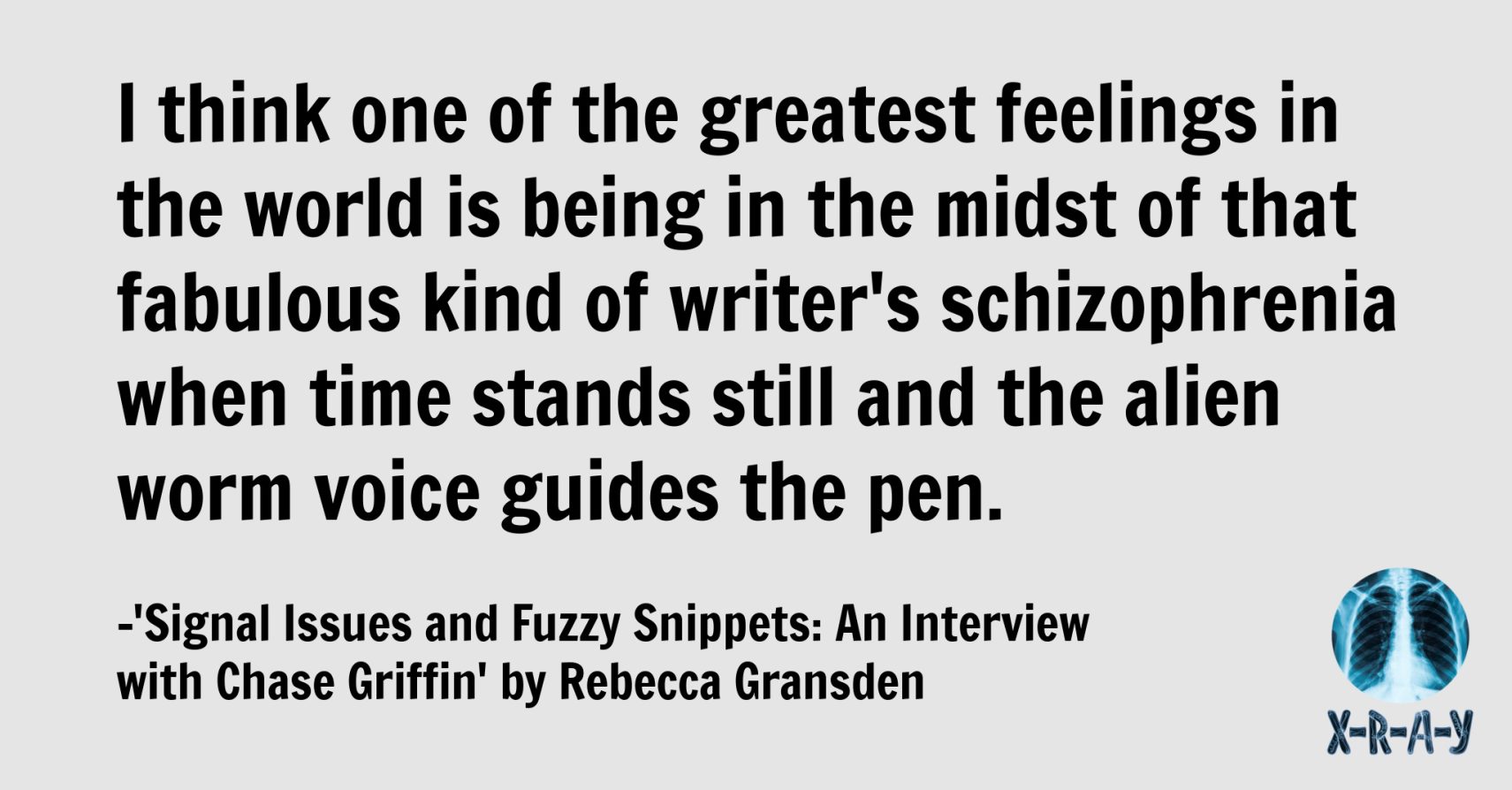
ADAM SOLDOFKSY RECOMMENDS: YEEHAW! Novella Round-up
The novella is famously “pocket-sized,” and marketed as such, in the relatively rare case when a publisher feels whimsical enough to produce one. Crassly, it is a work of fiction which achieves that mystical, begrudging minimum page length that warrants its nestling between front and back covers all on its own. And we as modern readers (forgive the assumption) respond to it as a physical object the way we respond to almost anything that is a smaller version of something else: with a kind of simple, unintimidated affection, the result of our own enlargement in its presence maybe, with anticipatory…



